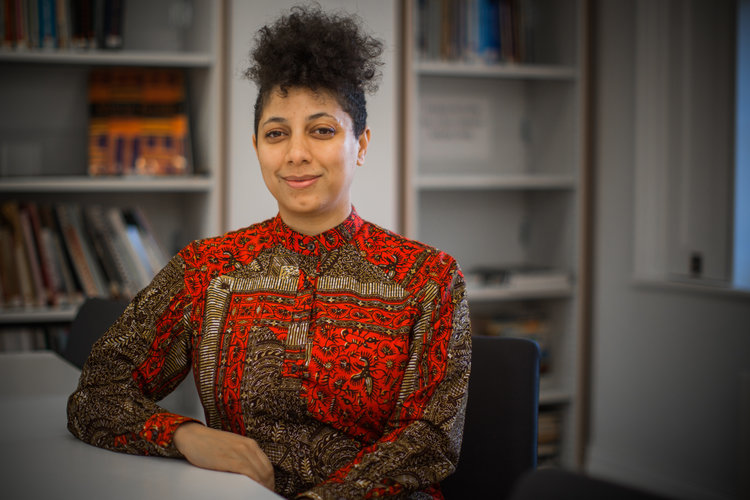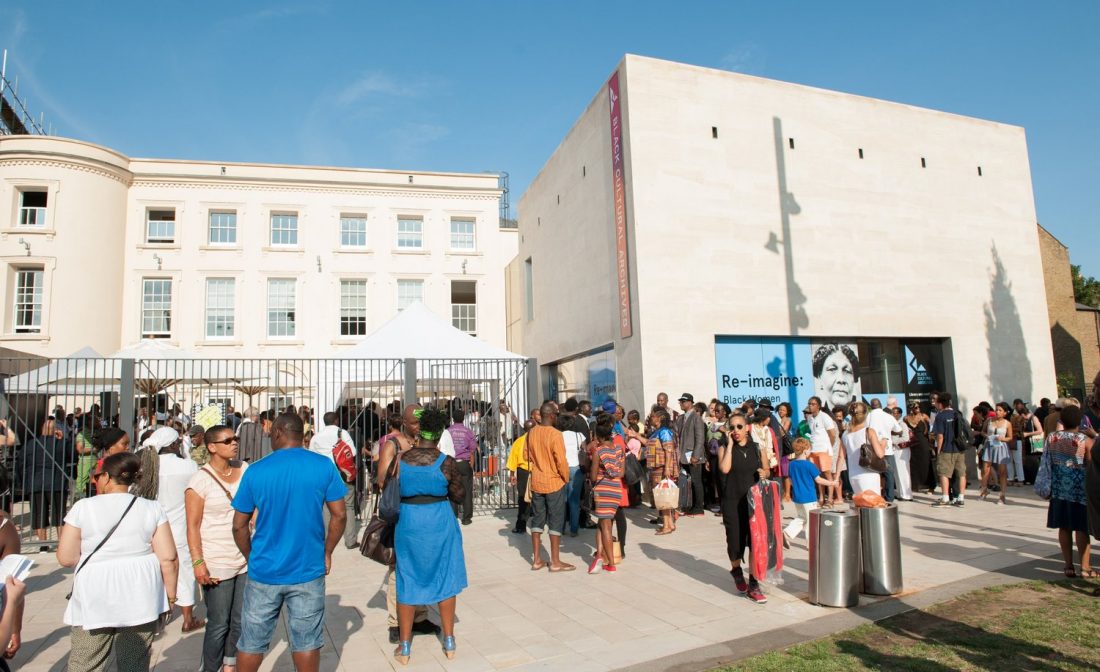The Black Cultural Archives (BCA) was founded in 1981 and remains the only national heritage centre dedicated to collecting, preserving and most importantly celebrating Black British history, but what can we expect from the BCA over the next 10 years?

Image credit: Black Cultural Archives
Last month, the Black Cultural Archives held a public digital discussion hosted by Sabrina Clarke-Okwubanego, co-founder of Niche On Demand about BCA’s plan for the next ten years. Sharing the centre’s new vision and approach was BCA managing director, Arike Oke, who before talking about the future, shared a word about the origins of the centre. She said:
“BCA was originally created as a very positive community response in the 1980s to the inequalities that were happening then and the effects that those inequalities had on our communities. The New Cross Fire and the Uprisings in 1981 [which pandemic or no, we will be recognising next year on its 40th anniversary] and a book that was called How The West Indian Child Is Made Educationally Subnormal in the School System, all of these things are so concerning to the collective that founded us.”
Orike continued: “Positive representation, looking back to history, our founding collection that created an archive museum, over time we became the Black Cultural Archives. One of the things that we want to look at is how to bring back that museum, how to get those objects out so people can see them and learn from them. So it’s very much about our histories and our futures, about seeing ourselves through our own eyes and not through the lens of mainstream society or any of these challenges that have been thrown at us.”
“One of the things that we want to look at is how to bring back that museum, how to get those objects out so people can see them and learn from them.”
In the decades since educationalist and historian Len Garrison, [whose son Tunde was in attendance of the meeting], and others founded the BCA, much work has been done to collate Black Britain’s collective histories to encourage and empower the Black community.
However, in recent years, the BCA has struggled against a number of issues including funding cuts which has impacted on the centre’s growth and provision. Orike highlighted how old tech infrastructure for example has meant that the centre has struggled to deal with the impacts from COVID-19, having to close temporarily. This has led to artist installations and residencies at the centre to be cancelled.
Orike stressed the importance of working together with other organisations and collaborations like the meeting attended by so many supporters and stakeholders of the BCA to coming up with ideas and getting things right for the future.
So, what is the BCA’s 2030 vision?
Orike offered some context to some of the BCA’s 2030 aims.
Be resilient, flexible and entrepreneurial
“I’m really glad to have found out how strong BCA is. It continues to be this touchstone for so many people.”
“We don’t want to be in the position we were in in 2018 and worrying about our survival. We want to be thriving.”
Use our active voice to make a difference
“We’re the flagship, we’re there, we’re the ones, who have become this opportunity to move from grassroots to policymaking. To have that seat at the policymaking table, but we don’t want to be alone.”
“Something we want to do more of is using our voice and using our influence.”

Make teaching and learning about Black history available to everyone
“One of the founding things of BCA is that it’s an educational charity and teaching Black history in schools.”
Share our collections in person, touring and online
“When BCA was founded, the founding collection collected by Len Garrison and donated by others created an archives museum which later became BCA.”
“How to bring back a bit more of that museum, how to get those objects out so people can see them and learn from them.”
Seizing the lockdown moment, Orike said of the online touring, “the online was going to come later, but I guess we’re going to do it now [laughs]”
And extend our workforce development programme internationally
“We’re talking about not only having these apprentice-level interventions but also helping people throughout their careers to be running these organisations.”
At the end of the discussion, Sabrina asked Orike, “what would you say to the critics that might say ‘that’s ambitious can you actually achieve that?’”
Orike answered: “It’s a ten-year strategy, what else could we be than ambitious?!”
“When we began having strategy meetings there was something like 50-60 ambitions or something [laughs] so we’ve cut it down… While it is ambitious, it still doesn’t encompass everything that people want for BCA.”
To view or download the BCA 2030 vision.
The BCA is based at:
1 Windrush Square
Brixton
London
SW2 1 EF
Visit Black Cultural Archives
(Entry is free)












